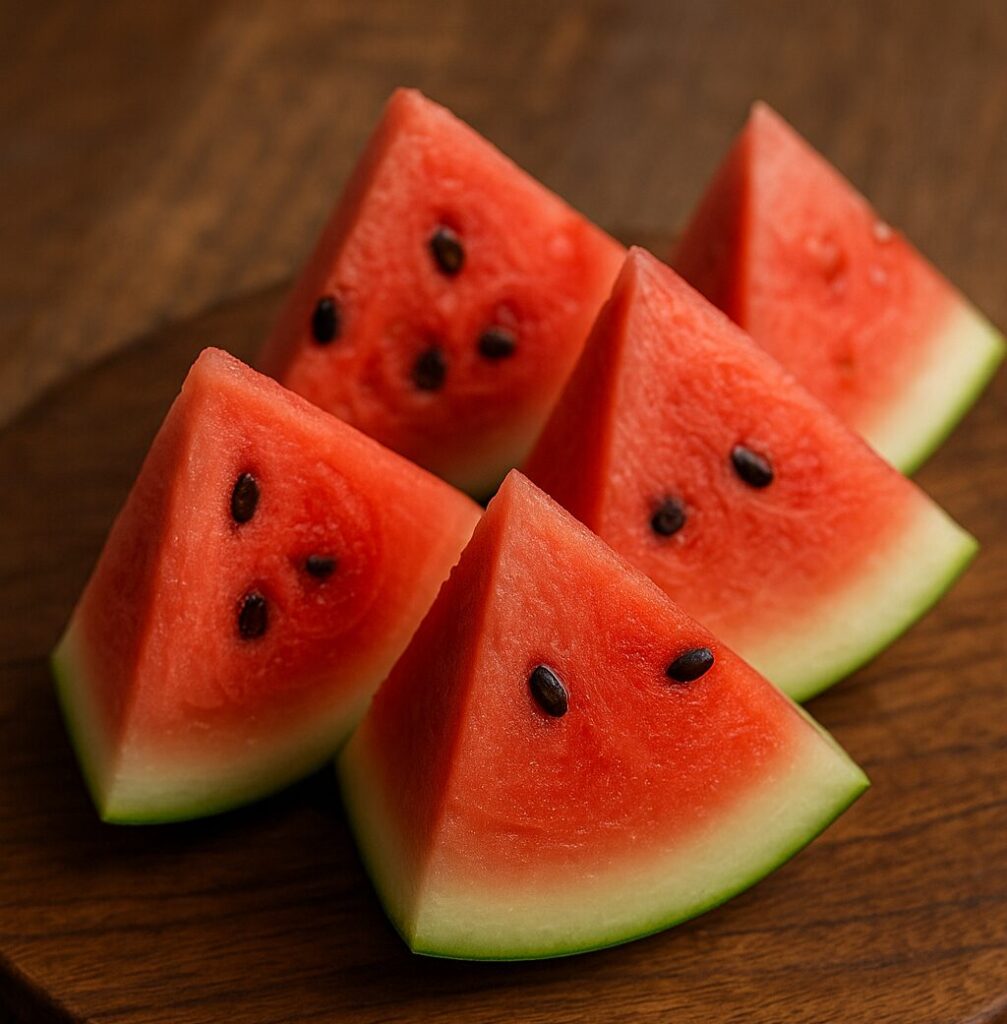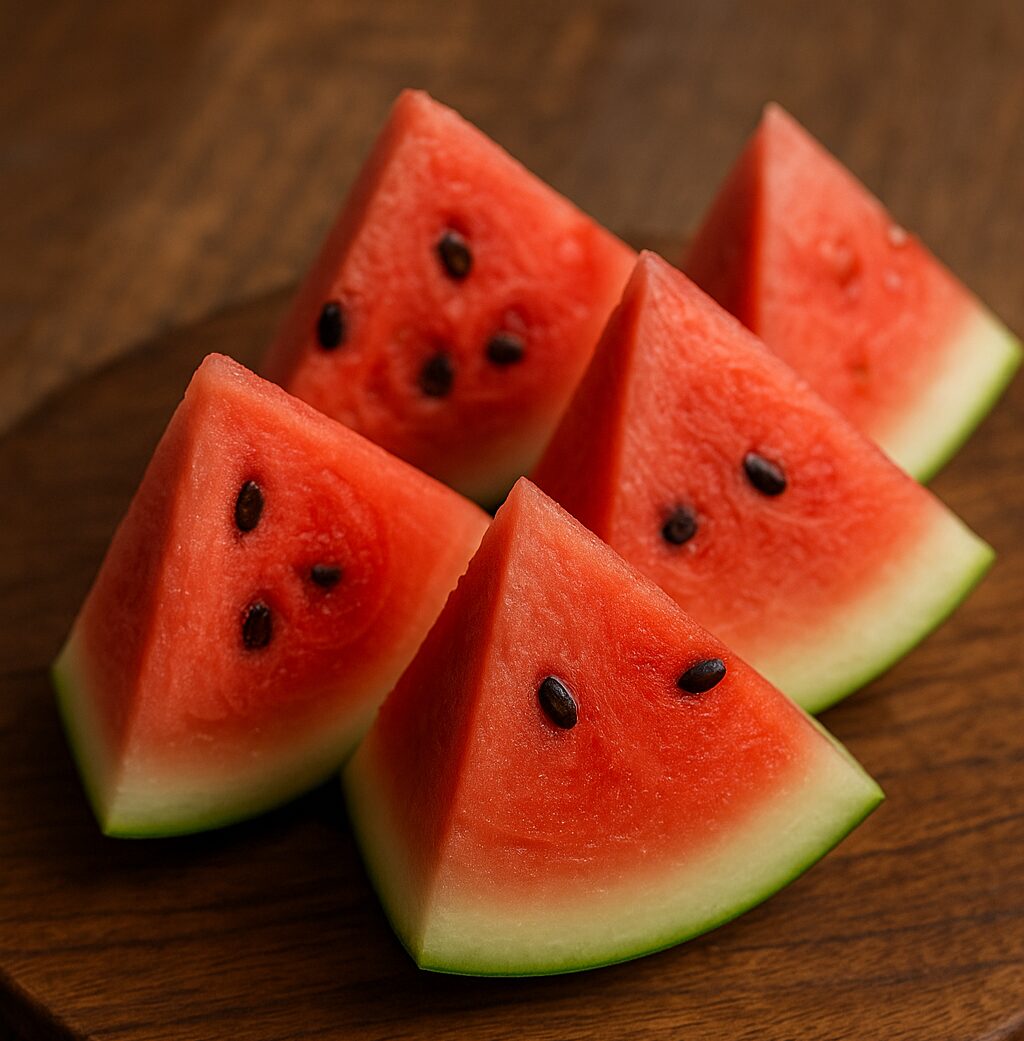Citrulline is a non-essential amino acid naturally produced in the body and found in certain foods, most notably watermelon. It may play a key role in enhancing blood flow, improving exercise capacity, and reducing fatigue. As it is converted into arginine in the body, citrulline contributes to nitric oxide production, which helps regulate vascular health and overall performance. This article outlines the potential benefits of citrulline, deficiency concerns, safe intake, and food sources.

1. Blood Flow and Cardiovascular Health
Citrulline may help increase nitric oxide production, which relaxes blood vessels and promotes circulation. Improved blood flow could support heart health and may reduce strain on the cardiovascular system.
2. Exercise Performance
By boosting circulation, citrulline may enhance oxygen and nutrient delivery to muscles. This may reduce fatigue during workouts and improve endurance or strength performance.
3. Post-Exercise Recovery
Citrulline supplementation may help reduce lactic acid buildup in muscles, supporting quicker recovery after intense exercise and lowering soreness.
4. Muscle Pump and Fitness Motivation
Improved blood flow can contribute to muscle pump effects during training. This not only enhances workout satisfaction but may also support long-term muscle growth.
5. Immune Support
Through its conversion to arginine, citrulline may influence immune function by supporting white blood cell activity and overall defense mechanisms.
6. Male Vitality
Because of its effect on blood circulation, citrulline may support male wellness and vitality. It is sometimes combined with arginine for enhanced benefits.
7. Mental Focus and Fatigue Reduction
Better blood flow to the brain may help improve concentration, alertness, and reduce mental fatigue during long tasks.
8. Deficiency and Need
Since citrulline is produced in the body, deficiency is rare. However, individuals with high physical demands or circulation concerns may benefit from supplementation.
9. Excess Intake Risks
Food-based intake is safe, but very high supplement doses may cause digestive discomfort such as bloating or diarrhea. A typical safe range is 3–6 g per day.
10. Food Sources
Citrulline is most abundant in watermelon but can also be found in cucumbers, pumpkins, and certain melons. For targeted effects, supplements are often used.
🌿
Citrulline may help improve circulation, boost exercise performance, and reduce fatigue, while also contributing to cardiovascular and immune support. Regular intake through foods or balanced supplementation could promote overall vitality and wellness.
References and Further Reading
World Health Organization (WHO) – Amino Acids and Health
National Institutes of Health (NIH) – Citrulline Overview
Journal of the International Society of Sports Nutrition – Citrulline and Exercise Studies
※ This article is for general informational purposes only. Individual needs may vary, and professional consultation is recommended before supplementation.
